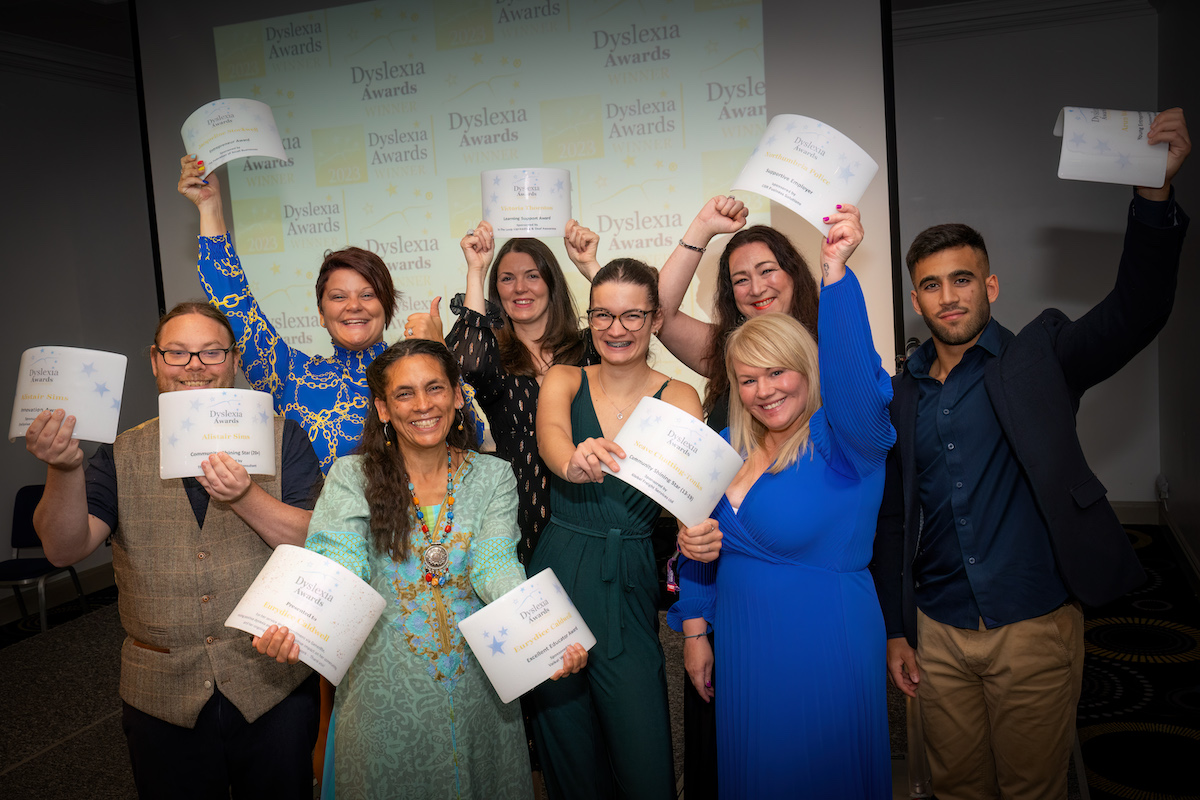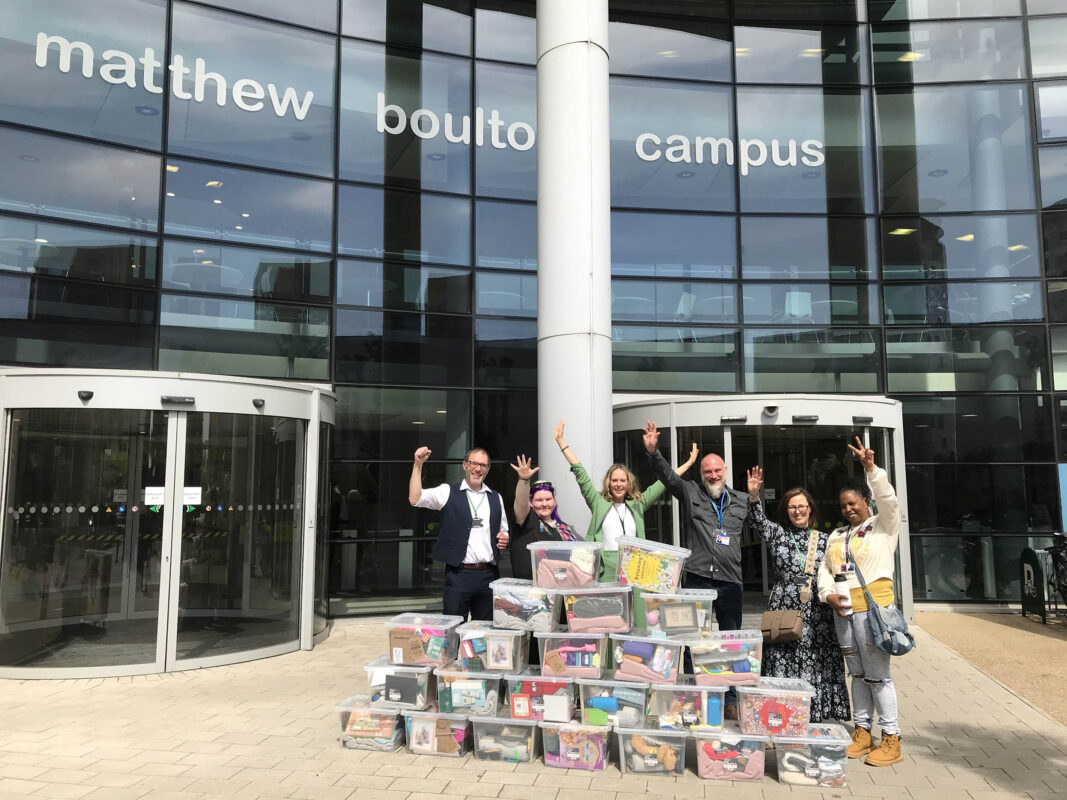The Importance of Skills in the Age of Artificial Intelligence

Colin Salmon discusses the impact of Artificial Intelligence (AI) on the demand for practical skills and hands-on experience.
As the Head of Faculty for Technology and Life Sciences at The City of Liverpool College, I have seen first-hand the recent advances in AI (artificial intelligence) technologies. The impact of AI on the job market is increasing rapidly, though not always in predictable ways. For example, coding, the very skill required to create and develop AI systems, is one of the activities most easily replicated by AI itself.
Yet, while this will change the nature of work and the structure of teams, it will not remove the need for human planning, expertise and judgement. It is important to recognise that there will always be a place for practical skills, soft skills and experienced-based judgement in the workforce.
AI overtaking soft skills?
I think one of the biggest misconceptions about AI is that it will overtake soft skills such as creativity, critical thinking and emotional intelligence and, while AI can replicate certain tasks, it cannot yet replicate the human touch or the level of creativity that is required in many industries. In fact, as AI becomes more prevalent, the value of soft skills is likely to increase as they become progressively scarce.
Both practical and soft skills are crucial for employment, as employers seek individuals who not only have technical proficiency in their field, but also possess the ability to interact with others and adapt to changing environments. For example, AI robots have been used successfully to lay bricks and install plumbing and electrical systems, but demand for skilled contractors and tradespeople continues to climb, with the earning power of those professions increasing rapidly.
This is in part because AI cannot yet deal reliably with previously unencountered complications and because customers and employers value not only the technical skills, but the reassuring relationship with a creative professional, able to propose solutions to unexpected problems and collaborate with others. It is not inevitable that AI will take these jobs away, especially if we equip our learners with those critical thinking and soft skills which cannot be replicated by AI.
Making judgements?
When it comes to making judgements, AI is even further limited. For instance, any sensitivity it is designed to display toward cultural, political or personal issues will inevitably be drawn from a limited data set. One famous chatbot released for public interaction in 2016 had to be shut down almost immediately, after it picked up the wrong cues from its interactions on the internet and began repeating racist opinions.
More recent developments may have avoided such obvious pitfalls, but serious questions around the possibility of bias mean that professional human judgement based on experience, skill and cultural awareness is a long way from being made obsolete, if indeed it ever can be.
As programmes and platforms – such as ChatGPT – continue to advance, we’re seeing more instances of machines being able to replicate homework, essays, and assignments. In fact, there was even a recent case of an AI passing the US Medical Licensing Exam. Traditionally, academic and knowledge-based qualifications have been seen as more rigorous and prestigious than skills-based qualifications.
Plagiarism and AI assistance in the production of essays
However, as academic institutions struggle to cope with increasingly complex cases of plagiarism and AI assistance in the production of essays, I wonder if exams based on practical assessments will come to be held in a higher regard. Certainly, no one will be using AI to help them pass an end point assessment in plastering or welding!
With the increasing use of AI and automation in many industries, it is vital for education providers to ensure that students are equipped with the skills they’ll need to stay ahead of the curve. With the right training, our students will be able to greet AI as an opportunity to transform their chosen career.
It is also important that we educate students about the potential risks of using AI, ensuring they can make informed decisions about how to use it responsibly. This includes understanding the ethical implications of AI in their work, including such issues as data privacy and bias, as well as its potential impact on future jobs.
At The City of Liverpool College, our mission has always been to provide students with a well-rounded education. This includes, especially, our Social and Cultural Curriculum. A core purpose of the Social and Cultural Curriculum is to equip students with the ability to make good judgements that are sensitive to context. This is a skill which ensures that our students will be well placed to succeed in a changing world.
Hands-on experience, technical proficiency, and the ability to work well in a team are all skills that will set individuals apart in the job market and make them valuable to employers or successful in self-employment.
Equipped with this tool kit, our learners will be able to embrace the changes that AI brings and greet its development as an exciting opportunity.













Responses